AI Answer Evaluation Platform Live Now. Try Free Answer Evaluation Now
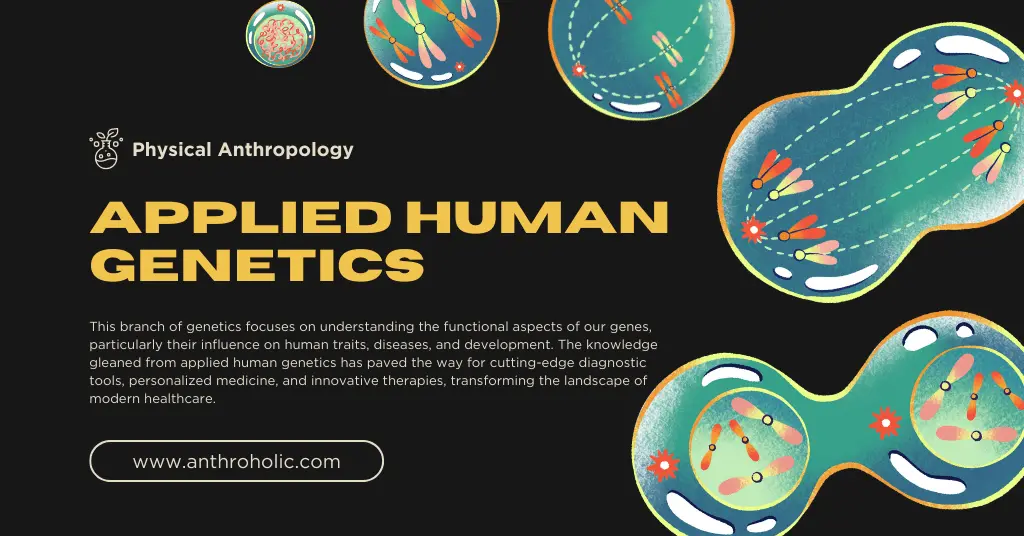
Applied Human Genetics
This branch of genetics focuses on understanding the functional aspects of our genes, particularly their influence
+91-7303290503, +91-9557169661 | MON to SUN 10:00 AM - 6:00 PM

This branch of genetics focuses on understanding the functional aspects of our genes, particularly their influence
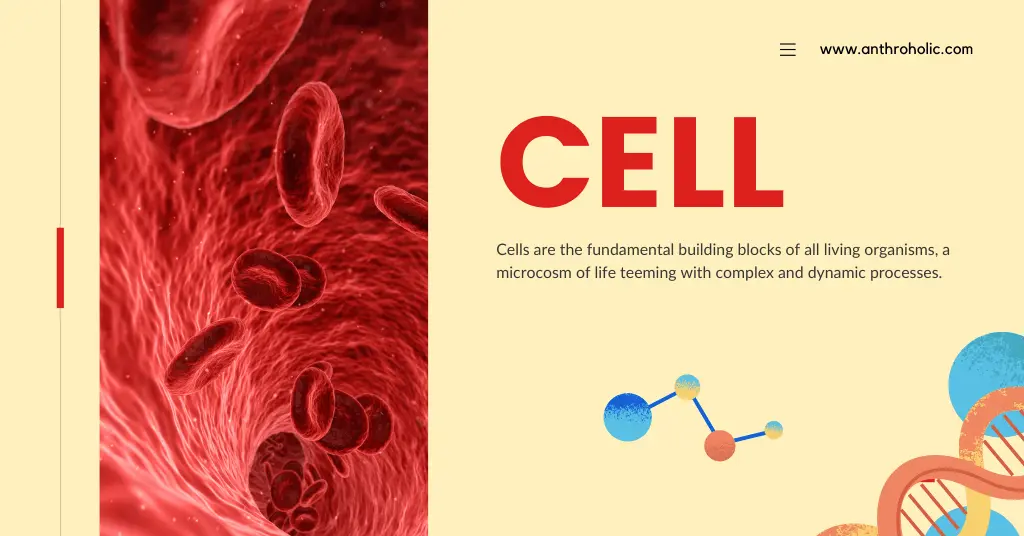
Cells are the fundamental building blocks of all living organisms, a microcosm of life teeming with complex and dynamic processes.
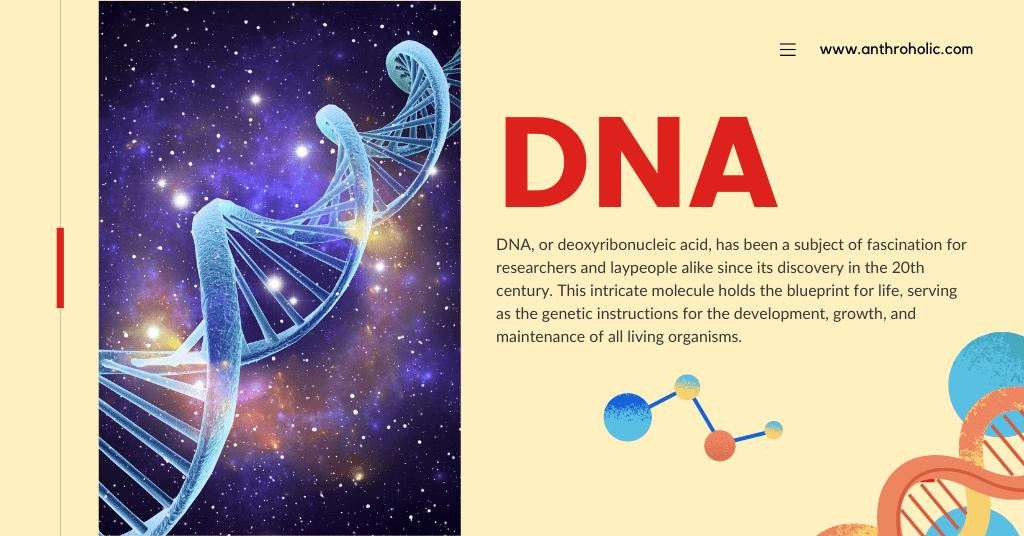
DNA, or deoxyribonucleic acid, has been a subject of fascination for researchers and laypeople alike since its discovery in the 20th century.
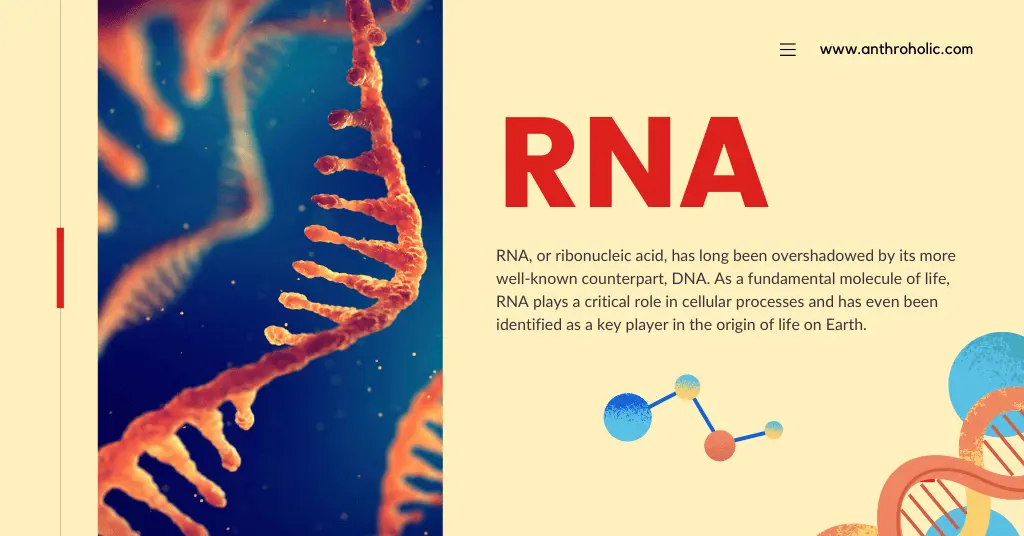
RNA, or ribonucleic acid, has long been overshadowed by its more well-known counterpart, DNA. As a fundamental molecule
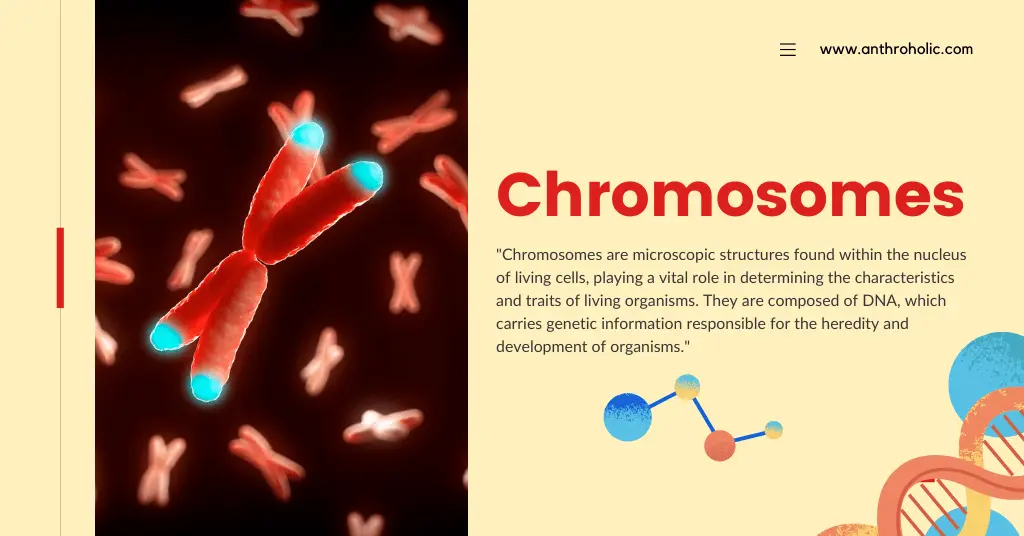
Chromosomes are microscopic structures found within the nucleus of living cells, playing a vital role in determining the
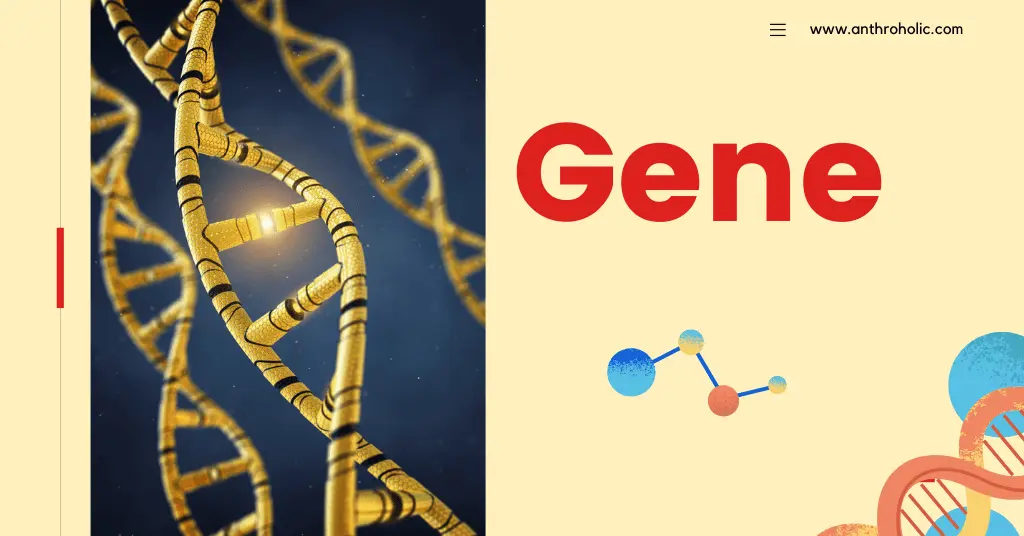
Genes are segments of DNA (deoxyribonucleic acid), a molecule composed of two long, intertwined chains made up of nucleotides.
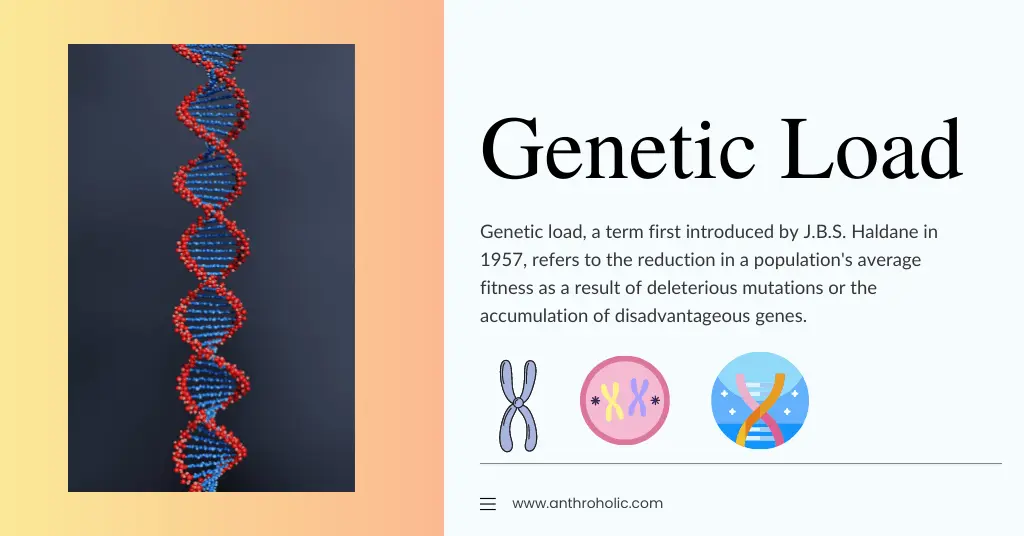
Genetic load, a term first introduced by J.B.S. Haldane in 1957, refers to the reduction in a population's average
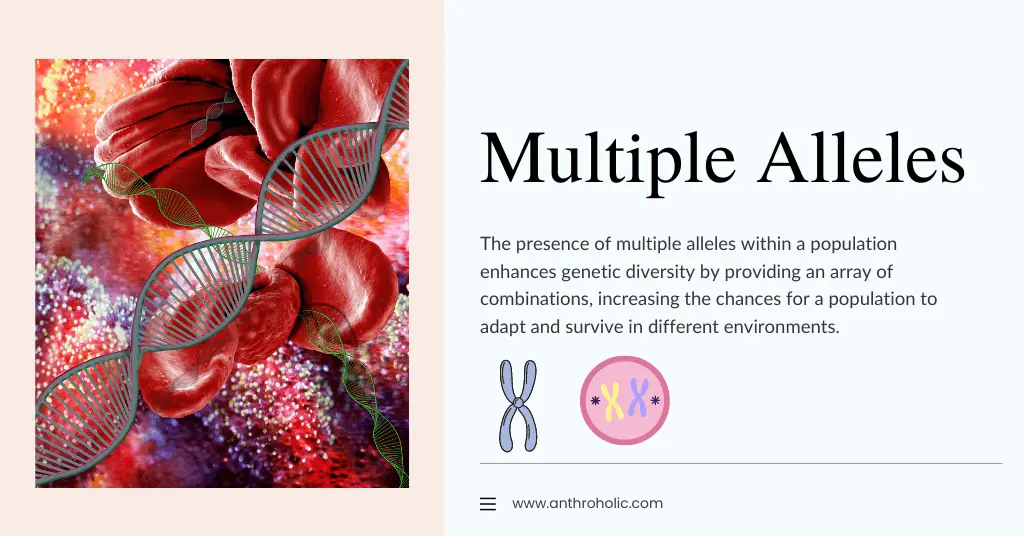
The presence of multiple alleles within a population enhances genetic diversity by providing an array of combinations,

Biochemical analysis is a rapidly growing field of study that focuses on the measurement and quantification of molecules present in living organisms.
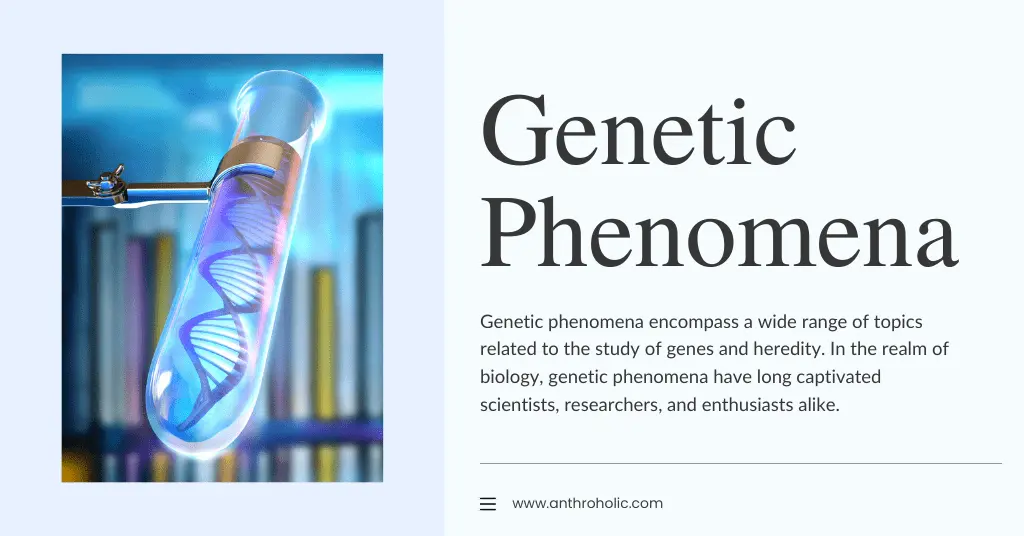
Genetic phenomena encompass a wide range of topics related to the study of genes and heredity.
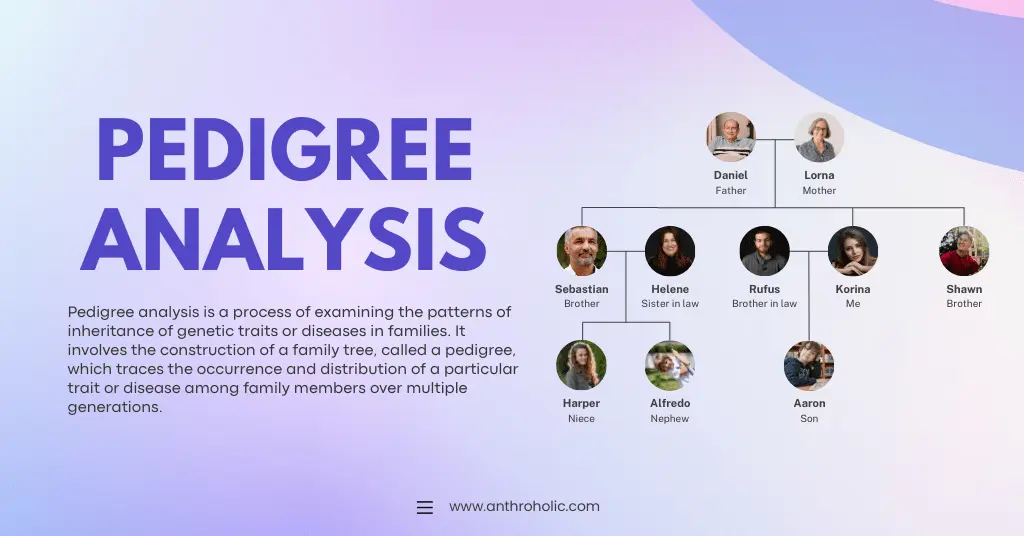
Pedigree analysis is a process of examining the patterns of inheritance of genetic traits or diseases in families.
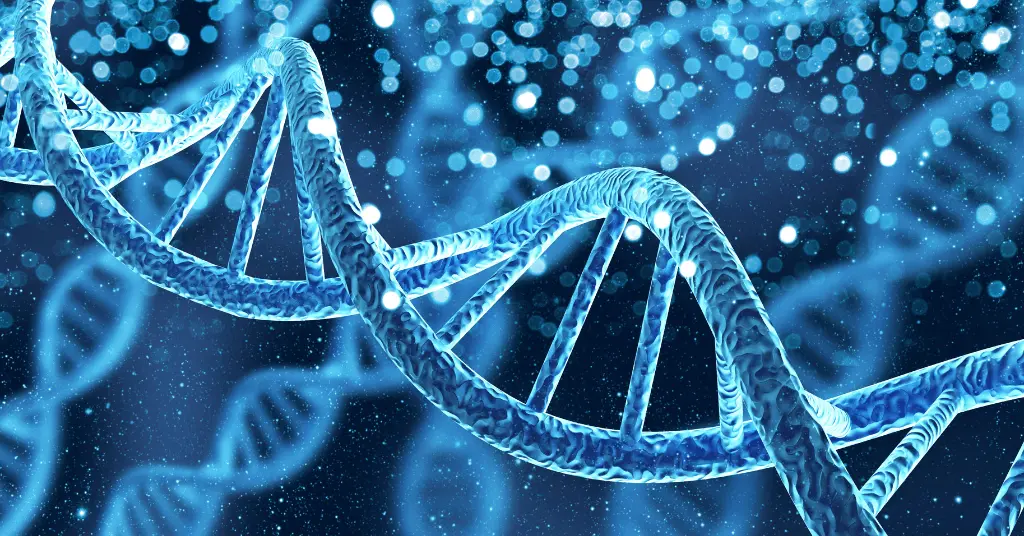
Genomatics is an interdisciplinary field that combines genomics, bioinformatics, and systems biology to analyze and interpret genomic data, ultimately facilitating a better understanding